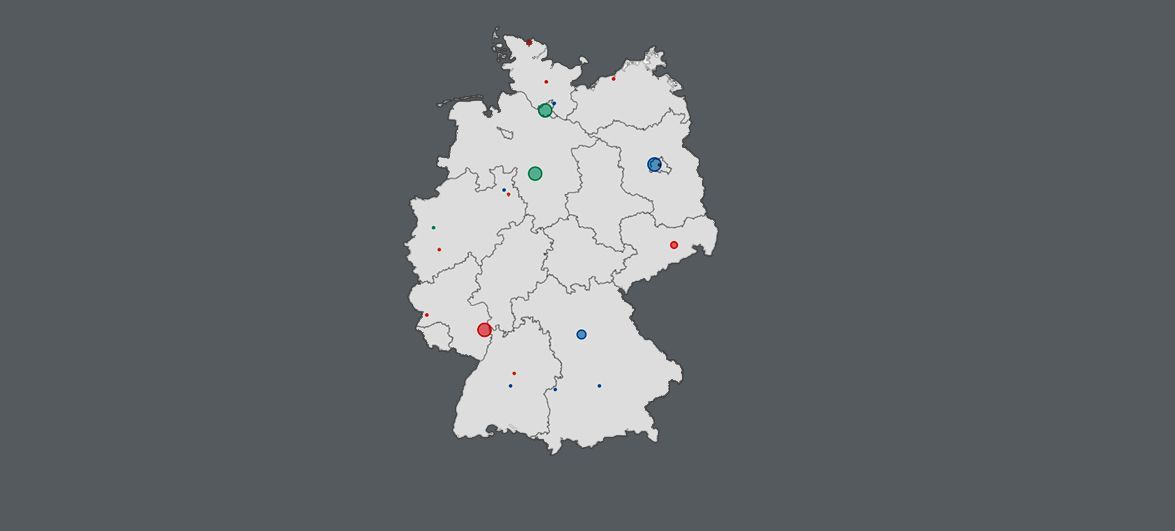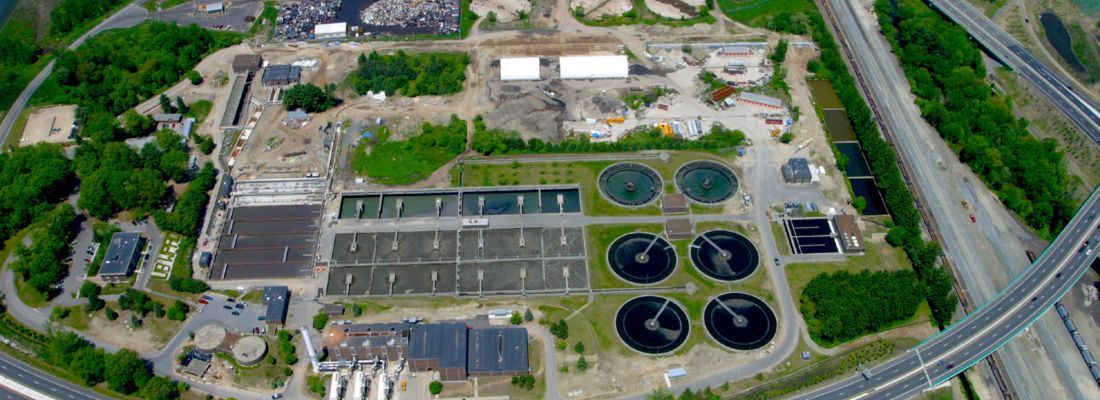Public-Private Partnership (P3s) & Sewer Heat
Sewer Policies Among the Crucial Issues Facing Communities Today
In their 2017 report titled “Understanding America’s Water and Wastewater Challenges”, the Bipartisan Policy Center observed:
The nation’s water and wastewater utilities are victims of their own success. Americans have become accustomed to receiving clean water when they turn on their taps and having waste disappear down their pipes. Yet, the public's understanding of the complicated and costly systems required to deliver these services is minimal. For example, the United States has 1.2 million miles of water-supply mains, equating to 26 miles of water mains for every mile of interstate highway. That figure only accounts for the drinking water system, with nearly an equal number of sewer pipes in existence.
Little has changed in the past seven years. Sewer policy remains largely out of sight and mind. However, with 16,000 sewage treatment systems serving over 50,000 communities nationwide, it's time for a serious conversation about modernizing our sewer systems. While it may not seem like an agenda item that captures votes, sewer policies are among the most crucial issues facing communities today.
As the town manager in a small Rhode Island community, I lived through a weeks-long drinking water contamination crisis. The experience taught me the importance of understanding the mechanical, chemical, and biological principles at work in our water and wastewater systems. Knowing how the systems work is crucial for the local officials – both appointed and elected – who oversee these systems.
Private Sector Plays a Vital Role in Wastewater Management
Protecting public health is the foremost priority for water and wastewater service providers. However, a deeper understanding of water utilities can also reveal revenue opportunities and save tax dollars. When local officials are well-versed in their systems, they are better equipped to ask the right questions and make cost-saving decisions without compromising public health.
Private firms including investor-owned utilities, with their expertise and resources, can effectively address issues like infrastructure renewal and cost management. Public-private partnerships (P3s), co-ownership arrangements, and system acquisitions provide a range of solutions that have aided many communities in maintaining safe, clean, and reliable water services.
Examples of P3 Arrangements:
P3s, for instance, can vary from contracts for new facility construction to the complete transfer of water systems to private entities. These arrangements can offer immediate financial relief and technical expertise to municipalities, particularly those facing urgent infrastructure needs or compliance mandates.
- In Norwalk, Connecticut, SUEZ North America was awarded a contract to operate and maintain the city's wastewater system. This agreement includes managing an 18 million-gallon-per-day wastewater treatment facility, 210 miles of sanitary sewers, and 25 pump stations, providing services to Norwalk's residents and businesses, and bringing in new technology for asset management and process monitoring.
- SUEZ North America also entered into a 20-year contract with the Springfield (Massachusetts) Water and Sewer Commission to operate and maintain the city’s wastewater treatment plant and combined sewer overflow system. As part of this agreement, SUEZ is partnering with AECOM to upgrade the treatment process, enhancing energy efficiency, system reliability, and biosolids dewatering. The Springfield Regional Wastewater Treatment Facility serves a population of 250,000 across seven municipalities, treating an average of 40 million gallons of wastewater daily.
- Veolia Water: A major player in this sector, Veolia Water manages wastewater treatment facilities for numerous municipalities across the country, offering services such as operational management, maintenance, and efficiency improvements.
- American Water Works Company: Through its subsidiary American Water, this company provides services to various municipal wastewater systems, including operation and maintenance, and in some cases, involvement in financing and construction.
- Severn Trent Services: As a global company, Severn Trent Services has provided operational services for wastewater treatment plants in the United States, offering operations and maintenance, and system upgrades.
- Jacobs Engineering Group: Having acquired CH2M Hill, Jacobs Engineering Group is involved in the operation of several wastewater treatment facilities in the United States, focusing on technological upgrades and operational efficiency.
These partnerships are designed to help municipalities manage the financial and technical challenges of operating these complex facilities. The specifics of these arrangements can range from short-term contracts for specific services to long-term agreements covering operations, maintenance, and capital investment.
Learn How Sewer Heat Recycling Can Be Politically & Commercially Viable
For local officials, finding ways to reduce the taxpayer-funded costs of managing these facilities is essential. One innovative approach is harnessing and commercializing the thermal energy generated by these plants, creating a revenue stream that can help finance P3 agreements. For communities where commercial operators manage wastewater facilities, exploring ways to monetize sewer heat can be particularly beneficial.
The Sewer Thermal Energy Network (STEN) is dedicated to helping municipalities and nonprofit institutions understand how sewer heat recycling works and how to make it politically and commercially viable. As a member of STEN, you’ll join a group of the most influential professionals in the industry - leaders and decision-makers who are working together to shape the future of sewer heat recovery solutions. And you’ll have access to resources that will help you unlock the potential of this sustainable energy source. We invite you to send a message to begin a conversation that will give you the answers you need.


